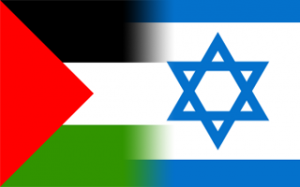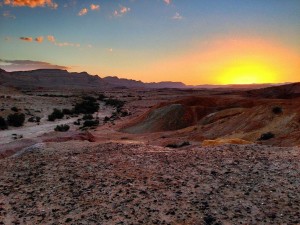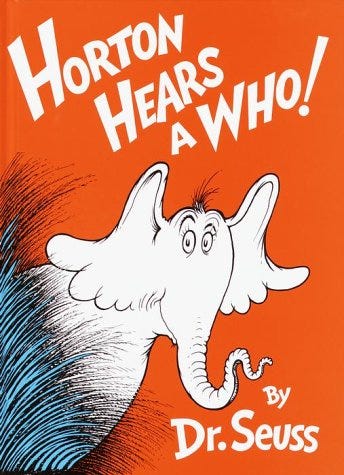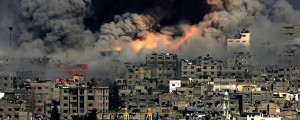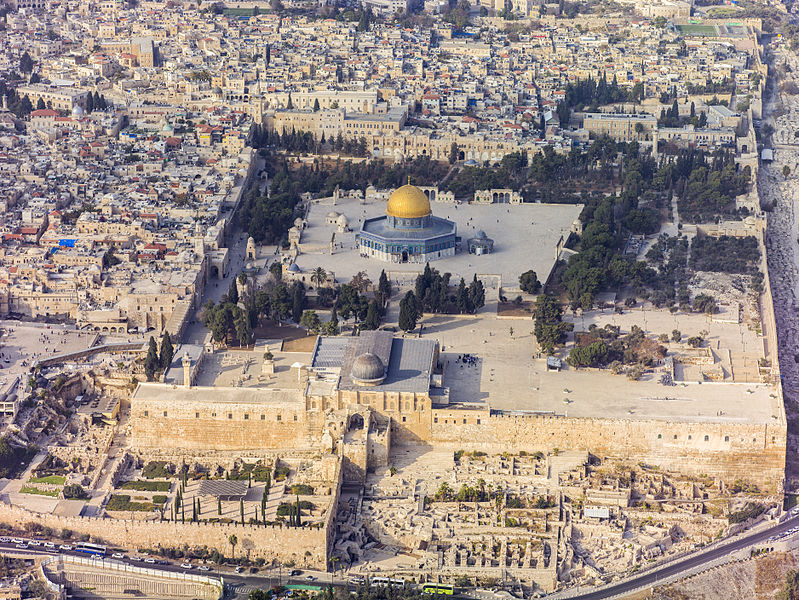
A friend asked me what I thought of this piece in Tablet titled An Insider’s Guide to the Most Important Story in the World. It claims the media establishment is obsessed with Israel, suggests everyone hates the Jews, and that there are a lot of other stories we should be talking about and covering. I agree with the last.
This is a very long rebuttal to the article. The short explanation of the obsessive interest though, goes like this:
- Most people who buy newspapers and watch hard news are upper-middle class. Most gentiles in the UMS have friends who are Jewish, and rightly or wrongly that makes us interested. Few have Syrian or Egyptian or Iraqi or Irani friends (I do, some of them are even Jewish). Resources follow the interest of the audience, not vice-versa. The audience is interested, ergo the AP is interested. Matti’s editors told him to focus on Israel-Palestine because that’s the story that gets the clicks. When in doubt, follow the money.
- The Western audience is sadly not interested in tales of woe and suffering from the third-world (i.e. Asia, Africa, South America), except for brief moments when our conscience is pricked. We’ve got parochial interests, like all humans. And for whatever reason, Israel “feels closer” than the Congo or Chiapas. That’s also why we’re dumping buckets of ice-water on our heads and cutting checks to find a cure for a disease that afflicts a few thousand people a year. Meanwhile we continue on our merry lives oblivious to the 600,000 thousand a year dying of malaria and 700,000 of dysentry. They’re mostly kids, and both are easily preventable. We suck mightily. Mad props though to Bill Gates who cares about the right stuff when it comes to humanitarian causes.
- Most people know Wahabi clerics, ISIS, Al-Queda, Assad, Sisi or the al-Sauds don’t really care what we think about them (Hezbollah and Iran are not on this list, more about them later). The Israeli political establishment does, and it’s a two-way street. They give press conferences, they want the attention and get it. In any case there’s no debate about the others. Well, I did have one guy on my feed say “the Zionist media was misrepresenting ISIS”, but I took that to mean I’m not in an echo chamber.
- Some Americans are also upset about military aid to Israel and feel this makes the US complicit. In my view that’s a misunderstanding, the military aid to Israel and Egypt come as a package deal after the resolution of the Suez/Sinai crisis. It’s 4bn in payola to keep the Suez canal open for American trade vessels and the Fifth/Sixth fleets. It is difficult to stomach seeing US bombs dropped on civilians in Gaza, but all the Middle-Eastern countries have our bombs and planes and they use them, on their own people too.
- This is Israel-Palestine and once again, rightly or wrongly all three Middle-Eastern monotheist faiths consider the region and Jerusalem important. If everyone in the west were Buddhist or Hindu or Zoroastrian, we would be obsessed with Bengal/Bihar, Ayodhya/Hrishikesh or Iran/Turkey. But that is not the case, so we’re left with the obsession over Israel. Most people go to church every once in a while and hear stories that are set in that landscape. Their ears perk up when they hear the story in the news. Personally I think Cairo, Baghdad/Babylon, Istanbul/Constantinople and Tehran/Rey are as or more important historically and culturally. But I’m also agnostic.
- Some people look at Israel as the last bastion of European colonialism in Africa/Middle-East.
- There’s a huge discordance between the opposing views and their recollected histories of events. For what it’s worth, the “Israeli camp” hews to the account in Leon Uris’ Exodus. The “Palestinian camp” relates a different story, not as well known in the west, much of it corroborated by the New Historians (Benny Morris, Ilan Pappe, Avi Shlaim etc). People end up with very strong feelings about who’s telling “the truth”.
- We’ve all been hearing and talking about Israel/Palestine for about 75 years. There are some huge themes involved if you live in the West. WW-2, The Holocaust, The Middle-East, The Clash of Civilizations, etc. etc. etc. These themes and the length of the conflict spark interest. It keeps flaring up every few years and for the past seven US administrations, there’s been some sort of “peace effort”. We’re all told we should be interested in this.
- Many of us are shocked that a country that we consider a vibrant democracy has been running a brutal occupation for 50 years and is killing hundreds of children a few miles away seemingly without much debate and when the threat appears minimal. This is disproportional. We expect that from the Assads and Sisis of the world, we don’t expect it from Israeli leaders who claim to be democratic. Yes, the US has done these things and worse, there’s no excuse except they were in the past or far-away. And we elected a president who said he’d shut those wars down (though he’s kept the drones going). Also note when the US went in to get Osama, his wives and children were left alive.
- Israel currently has a PM (I hope this is temporary) who evokes very strong partisan reactions in the US because he’s closely aligned with the hard right and uses American idiom (supplied conveniently by the same consultants who came up with such gems as Gingrich’s “Contract with America”). Suffice it to say, Netanyahu pushes a lot of American buttons.
- But really it’s because everyone seems to have an opinion on Israel-Palestine and so Duty Calls:

While you’re here, do take a look at the White House petition to support a single, secular state in Israel-Palestine with equal rights for all. That’s what I would like to see.
Now for the long form rebuttal: Continue reading “11 good reasons we’re all obsessed with Israel and Gaza…”
